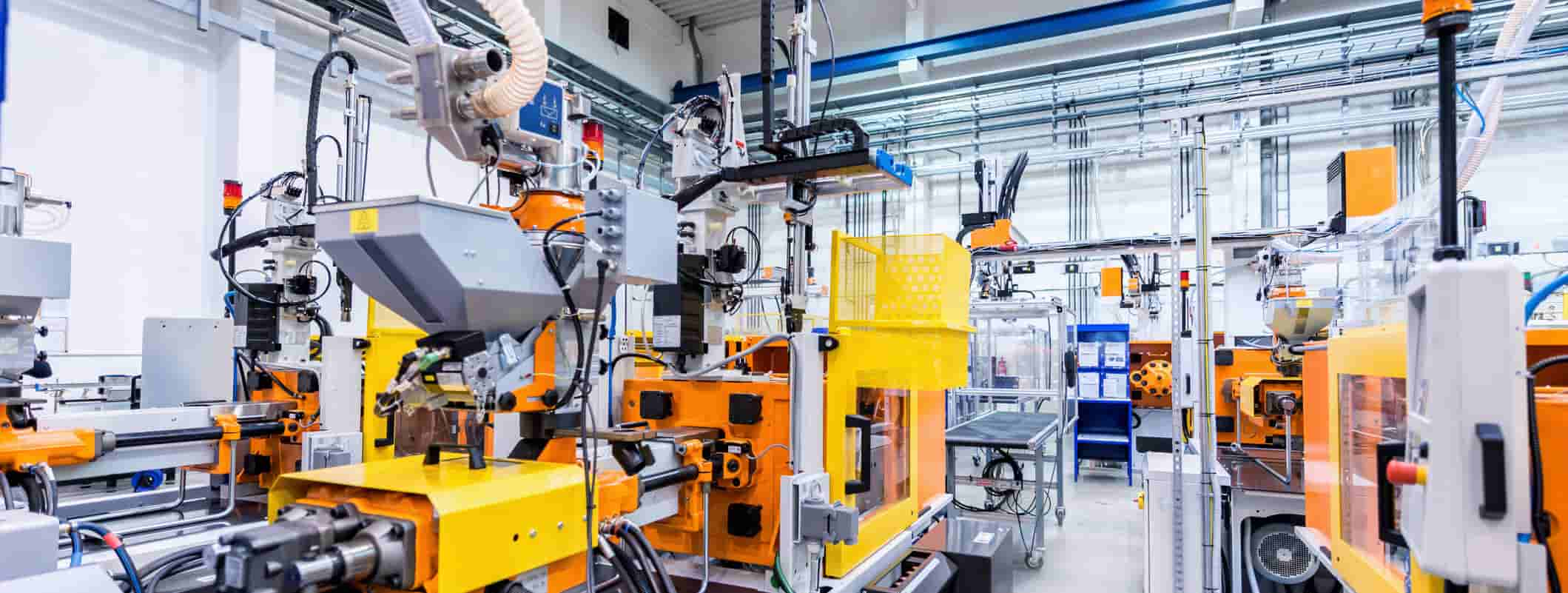Background
This project was selected as an ARM Institute Quick Start Project. This means the project was selected from the proposal to create the ARM Institute, rather than a traditional Project Call.
Wire harness assembly is a frequent and critical task across a range of modern aerospace production plants operations. Aerospace wire harness complexity and high variability lead to unpredictable and varying production volumes. Assembly and testing processes are currently very labor intensive, thus tedious for humans to execute, and prone to consistency and reliability issues. Required minimization of quality losses impacting high-cost components necessitated the pursuit of improvements that can be gained from automation.
Objective
Improve quality and performance by increasing the automation of wire harness assembly
Technical Approach
This robotics project centered on the design, development, and testing of a perception-aided collaborative robotic solution for manipulating a wide variety of small and flexible parts.
- Use perception-enabled collaborative robotics with dexterous manipulation for the wire pinning processes of harness assembly
- Design, develop, and test a perception-aided collaborative robotic solution for manipulating a variety of small and flexible parts (wires, pins, heat shrink tubing)
- Improve manufacturing outcomes for assembly and testing of wire harnesses via increased automation assembly steps
Participants
United Technologies Research Center (Principal Investigator), ABB, University of Connecticut
